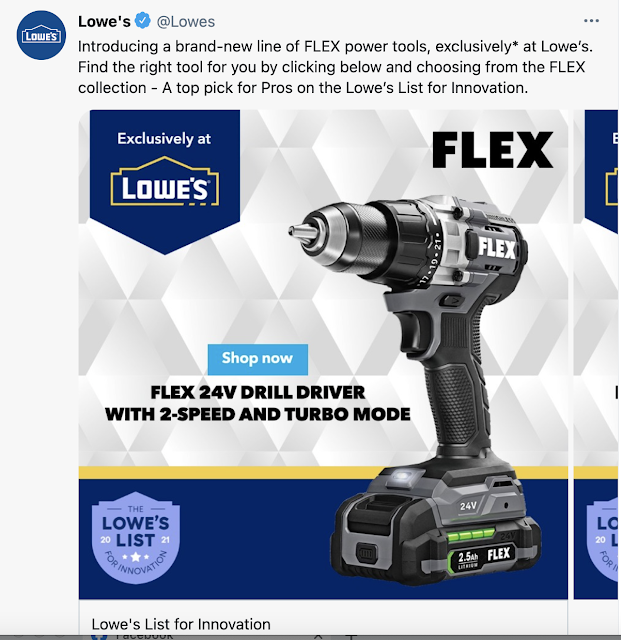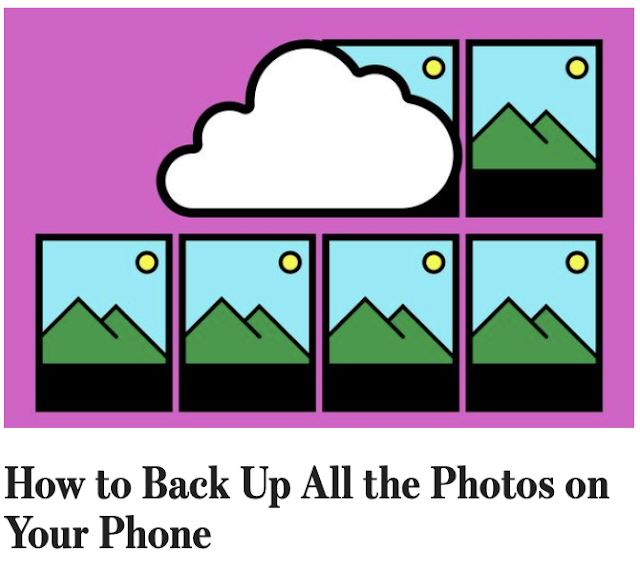I'm an inveterate reader of newspapers and always have been. That is probably a function of the era I grew up in. It was much less TV-centric and there was no internet.
The best reporting came from newspapers. Local news, like high school sports, and comics you could get from papers like "The Daily Item," which I delivered for a year, having taken over the route from my older brother, Fred. Our route had about 60 suburban houses on it--so you dropped off about 300 papers a week at about four-cents a paper, plus tips. On a good week, you could make about $30. Probably equal to about $200 today.
If you loved baseball, as I did, you looked forward to your old man bringing home a New York Post from his commute home on the New Haven line. My father never bought a Post--it was New York's afternoon paper and commuters would leave it on their train seats, having checked the baseball scores from the west coast and the stocks. The morning papers didn't have west coast scores in those days. It was a world where people actually slept. I think we were better for that.
Of course, I've always loved the Times and the Wall Street Journal, too. The Journal, though its opinion page is horribly anti-democratic and pro-hate/fascism, gives the ambitious copywriter a leg up on his competition. Despite the hostility its editorial pages express toward decency and humanity, it has more brilliance per lineage than any other paper. I routinely send more WSJ articles to business friends than articles from anyone else. They seem a couple weeks ahead of everyone else.
The great Chris Wall, when he ran the IBM account, would often berate many of us who worked on the business. You never wanted to cry "uncle" in front of Chris and say you couldn't get something done.
I remember all 6'11" of him standing up in front of us idiots. He held an opened Times in one hand and the Journal in the other.
"They fill these every day. And it's pretty high-quality. I think we can do a couple ads."
Like me, Chris began his getting-paid-for writing career writing retail ads. Chris, I believe, wrote for the LA-based retailer, Rich's. I wrote ads for Bloomingdale's.
I think writing ten ads a week as we each had, gives you respect for the channel. And respect for putting words on paper. And respect for your job--knowing if your ads didn't pull, you'd wind up on unemployment.
Of late, I've been noticing how absolutely dreadful 99% of all online ads are. Maybe that's not entirely fair because about 95% of all ads suck--but I virtually never see a decent online ad.
I think what's happening in our industry is a stupidity spill not unlike the Deepwater Horizon. When interactive first came into vogue, many of the people who populated the industry operated under the same thinking as people from the direct-end of the advertising industry. They believed targeting was so perfect that they could reach people through targeting alone and why bother trying to be interesting. Targeting could take care of all of that.
Send an ad on scuba equipment to a scuba diver and you needn't bother being attention-getting.
The direct industry always lived by the dogma "list, offer, creative." That is, targeting, goose, communication. I think the online industry--and the traditional advertising industry--have both adopted this dictum. Why bother with being creative? Data will handle it.
Most often when Holding Company big-wigs talk it's about having bought a data company. You never hear anyone say, we need lines like "We run the tightest ship in the shipping business. Lines that help a company define who they are." I've seen the moguls bang on about "borderless creativity," or "Lion-winning creativity," but I've never heard anyone say, "that was a fucking good line."
Here are seven online ads I've seen lately. No stopping power. No impact. Nothing interesting or unique. Nothing even remotely real or honest.
The newspaper industry, unlike the ad industry, still seems to be interested in earning our eyeballs and clicks. Some of their headlines, in fact, still seem designed to attract attention. Get this, they're well-written, interesting, informative, provocative and, even, funny.
Well-written.
Interesting.
Informative.
Provocative.
Funny.
As an industry, we should try those sometime.
It might be a way to show respect for the viewer, to treat them well and to earn their trust.
That might be a start.













No comments:
Post a Comment